We recently connected with Vince Meldrum and have shared our conversation below.
Hi Vince, thanks for joining us today. We’d love to hear the backstory behind a risk you’ve taken – whether big or small, walk us through what it was like and how it ultimately turned out.
What does it mean to take a risk? For us taking a risk meant trying something new, something that was out of step with our competitors and our field in general. A risk that could have closed our business and meant turning away from work that had been “paying the bills” for some 10 years.
In the summer of 2017, we learned that our largest sponsor, a corporation that we had worked with for over 20 years, had decided to end our relationship. With the loss of that sponsorship, we were also going to lose 30% of our annual income. The loss spurred an avalanche of conversations, untold hours of handwringing and a general wariness that we would not survive such a blow.
It also led to some deep introspection. As we looked at ourselves, we also learned about ourselves. What we were doing at the time (a general approach to giving young people nature-based experiences) was impossible to distinguish from what 80% of our competitors were doing. It also failed to address our primary goal: to get young people involved in civic decisions regarding environmental issues. With this assessment, we took a bold leap. We decided to double down on our core business, develop a plan to grow that work to many times its size and step away from all of the funds were receiving to continue our nature-based work. That meant turning away from 80% of our funding at the time and building an entirely new funding base.
It was frightening. We lost 85% of our staff as the focus shifted and the nervousness about our viability grew. Nonetheless, it proved to be a smart move. Five years later we have been reborn with a new vision, a slate of new supporters and new (and extremely committed) staff.
The key for us was to focus on the change we wanted to see in the world. With that focus our fortunes have turned. It was a big risk, but it paid off.
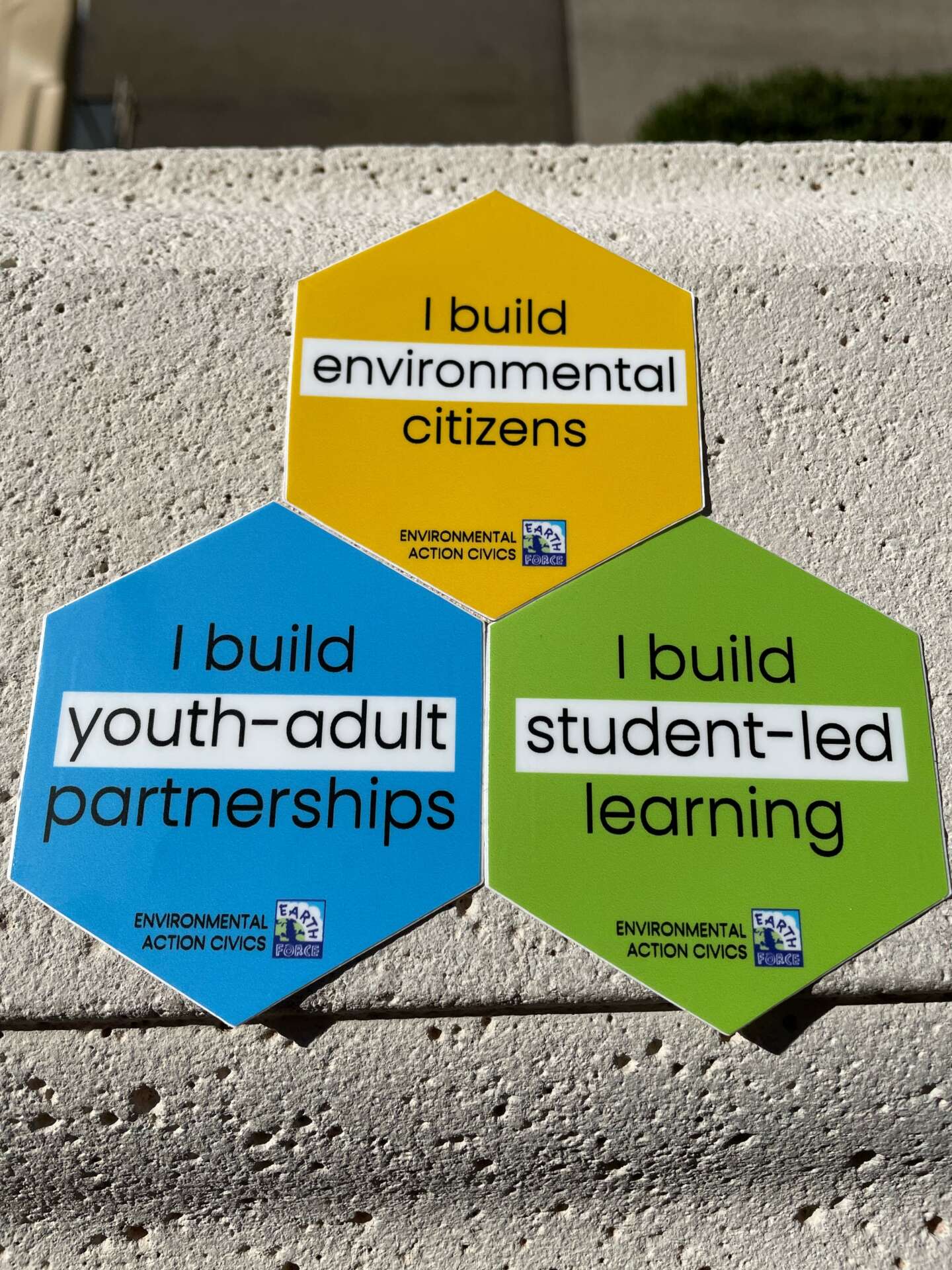
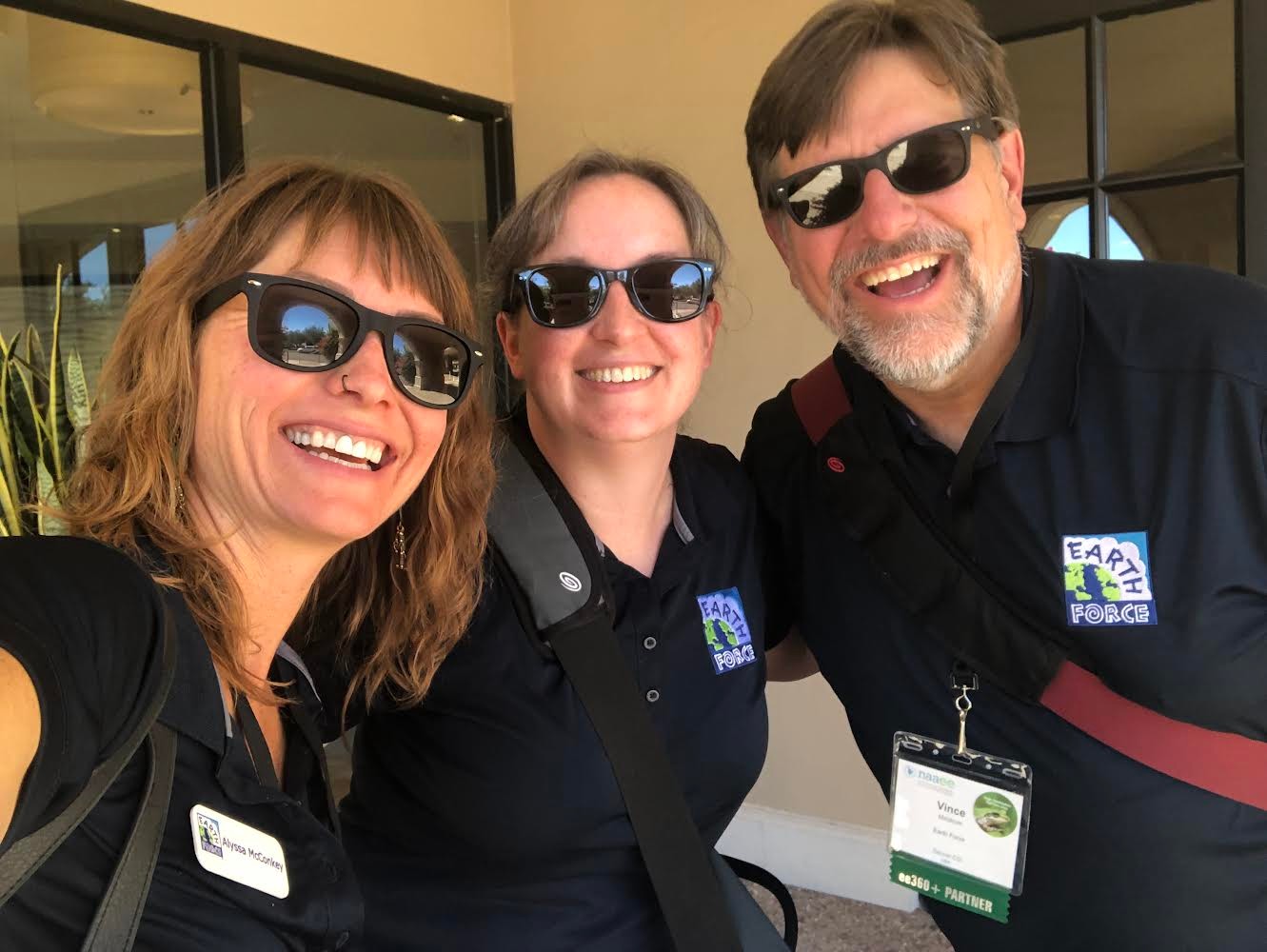
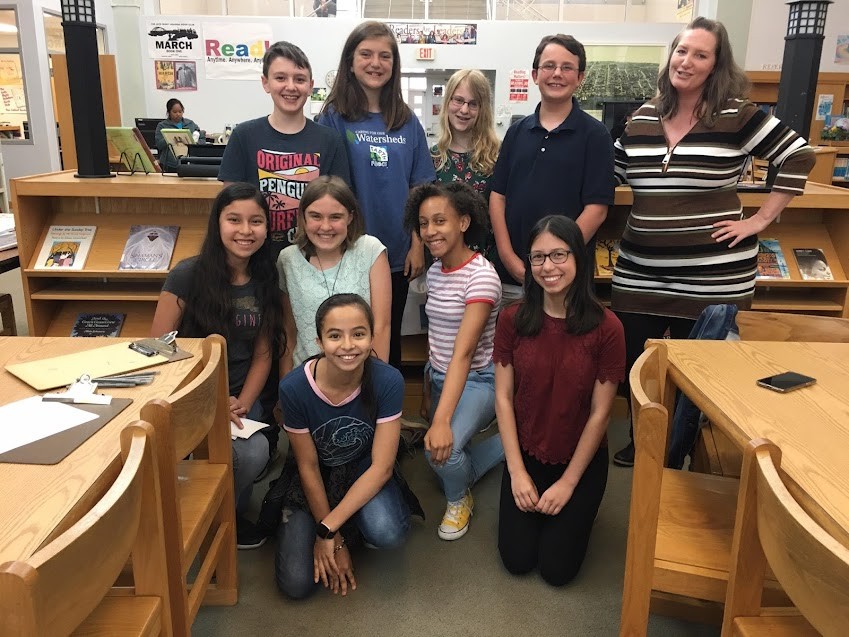
Great, appreciate you sharing that with us. Before we ask you to share more of your insights, can you take a moment to introduce yourself and how you got to where you are today to our readers
Earth Force exists to increase youth participation in environmental decision making. We are known for our innovative tools that integrate civic experience into environmental exploration and our top-quality professional development for formal and informal educators.
What makes us different from our competitors are our outcomes. Educators using our process have guided students as they have changed statewide indoor air quality regulations in Virginia, changed recycling policies in Missouri, and improved community resilience to wildfires in Estes Park. People know Earth Force by the amazing power of young people that is unlocked when adults use our process.
My trek to Earth Force is somewhat unconventional. I grew up in a manufacturing town where my father worked at the local steel mill. I never thought of going to college until my Senior year in High School when a teacher opened my eyes to what existed beyond our town. It was when I was in college (and frankly struggling with being a blue-collar kid in a white collar world) that my dad said something to me that would stay with me to this day. One day he took me aside to say he had worked in the steel mill for 35 years and hated every minute of it. That was a surprise. He had risen to the upper echelon of local management at that point. He told me to “find work that you love, regardless of what it pays.” I have lived by that motto ever since.
So, now I do what I love. I create opportunities for young people to be civically engaged in their communities. We literally help young people become citizens by guiding them to work with local elected officials to solve the environmental problems in their community. And, I love it!
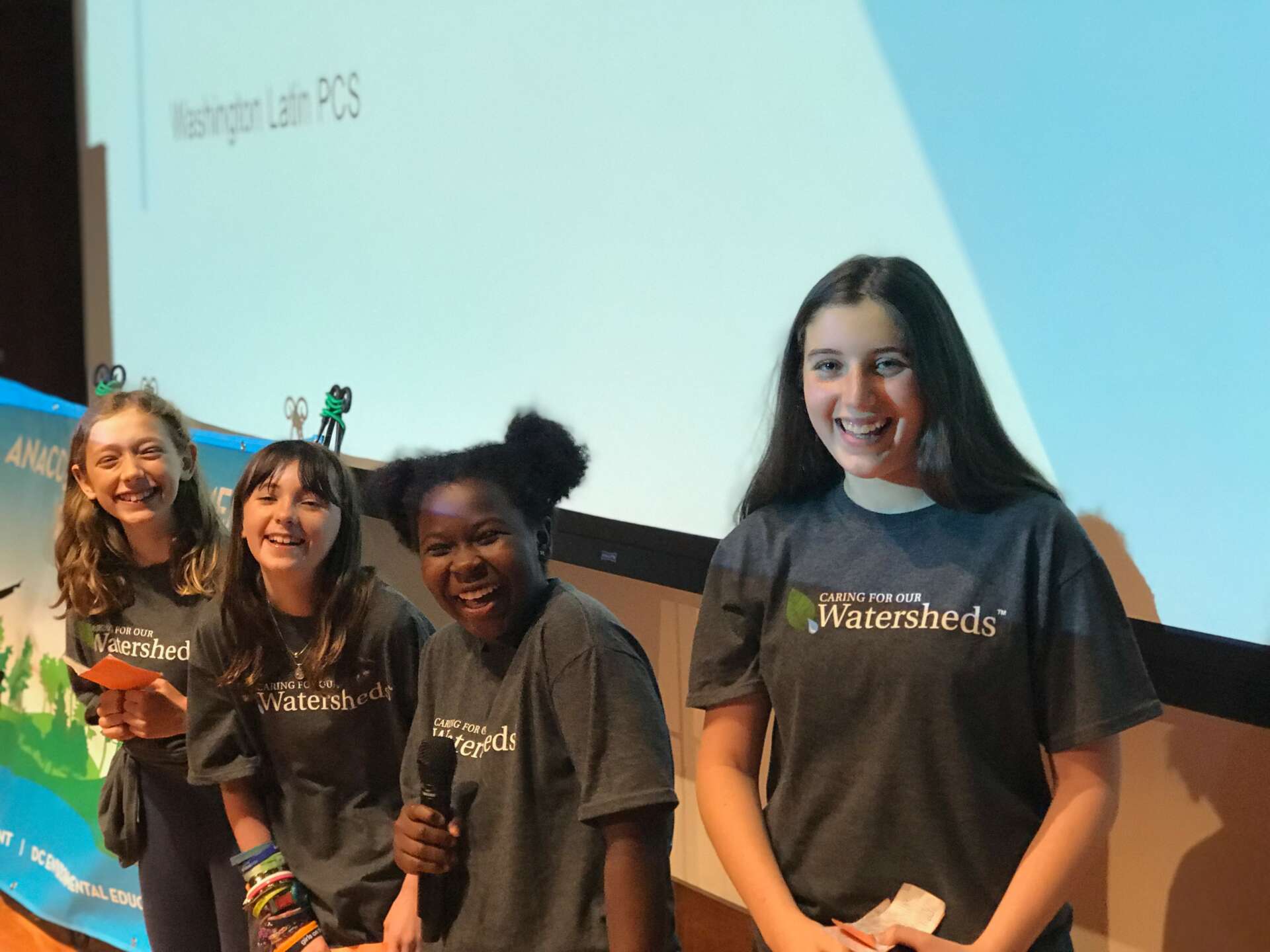
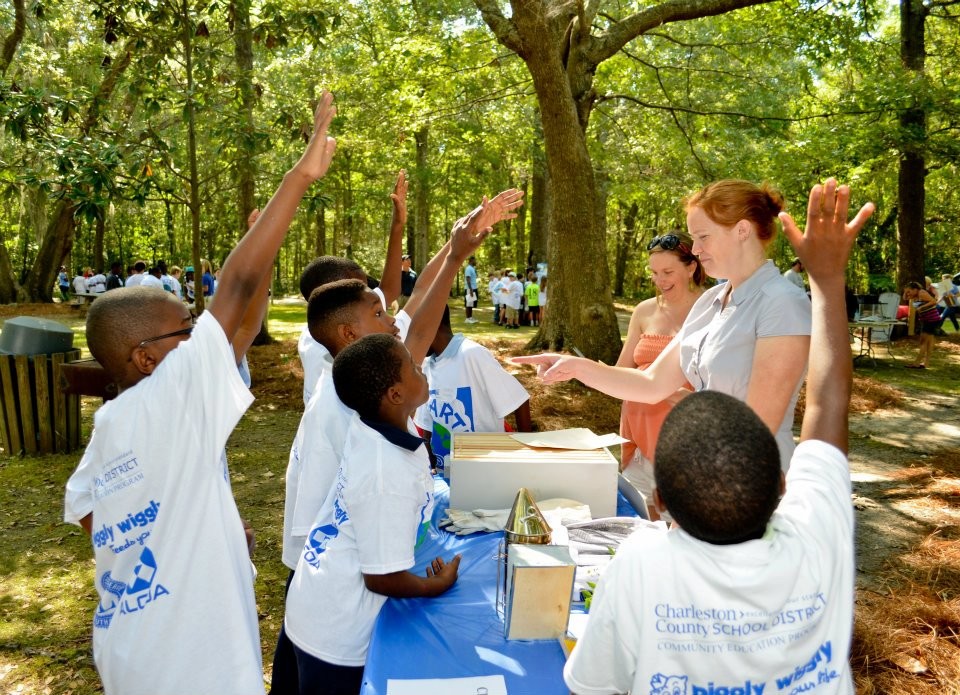
Learning and unlearning are both critical parts of growth – can you share a story of a time when you had to unlearn a lesson?
In college I learned a simple lesson about management: the boss is in charge, and it is his/her job to establish the goals and ensure that everyone met those goals. That went along nicely with my own personal lesson which was. “I know how to do things and I just needed to get my employees to do what I knew would work.” Then I ran into the modern job market and workplace.
Today we find ourselves in a place where a lot of people bring a lot of expertise. Where we understand that differing perspectives lead to better results. Most importantly, where the workforce has come to expect that their voices will be heard and that their input will make a difference. Maybe we always lived in that world, and I just didn’t understand it. Nonetheless, my management style has had to adjust to a changing reality. That adjustment has not been easy, it is something that I continue to work at, and it is something that I have come to believe in. Our organization works with many levels of input. Everyone knows that their opinion will be heard, and that we will take the best ideas and move forward. Everyone also knows that their opinion (even mine) will not always “win the moment” and we will have to pull together to make the direction move forward. I still play an important role in setting the goals and maintaining our focus. Now I just get a lot more input on what that looks like.
Are there any books, videos or other content that you feel have meaningfully impacted your thinking?
Normally I don’t read many management books. When I do read them I am infamous for only getting through the first half of the book. I just find that most management books have one great idea and then spend a lot of time providing repetitive examples that only seem to exist to justify the amount you are paying for the book itself. The one exception to that is From Good to Great by Jim Collins.
In From Good to Great Collins’ central thesis is that greatness comes from committing to a down-to-earth, pragmatic, committed-to-excellence process. A process that puts your mission and vision first and allows employees, investors and clients become a part of whatever you are trying to achieve. To this day that rings true to me more than anything about disruption or creating markets or whatever is identified as the latest fad.
Contact Info:
- Website: www.earthforce.org
- Instagram: https://www.instagram.com/earthforce/
- Linkedin: https://www.linkedin.com/in/vincemeldrum/


